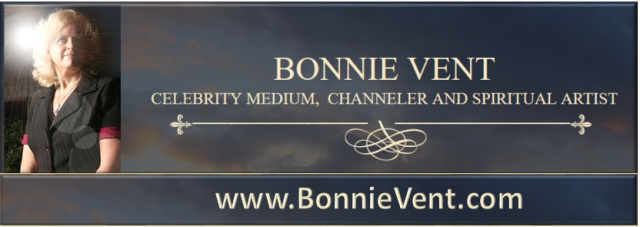You have just experienced your first Ouija board - a paranormal means of contacting the spirit world! Also known as a talking or spirit board, the Ouija board itself is not but one hundred and fifty years old, but the practice of using talking boards date back to China over three thousand years.
Throughout the years, the basic concept of the Ouija board has not changed - typically with a few images of night / day and good / evil with letters of the alphabet, the numbers zero through 9 and both yes and no. Either by yourself or with a group, you would place your hands on the planchette, and ask a question out loud or let the spirits guide you to an answer.
Separately, the planchette was sold by itself as novelty in the mid 1800s. It was a simple device with coaster feet and a pencil attached to allow the spirits that were guiding you to draw or write out messages. It was not until 1891 when two businessmen, Elijah Bond and Charles Kennard, got the idea to group the planchette and the board together to first patent the modern talking board as a novelty parlor game. Instead of using a pencil, they would attach a point indicator that would direct the users.
The origin of the name is not entirely known, but most believe it is made of the French word "oui" which means ´yes´ as well as the German word "ja" also meaning "yes".
This article was brought to you by www.TrueGhostTales.com. If you are really interested in the world of the paranormal and you like reading about such topics as demons, poltergeists, Ouija Boards, witches, myths and monsters and more - we even have vampires and werewolves! Of course we also have great ghost stories with new ones added every day. If you like to chat we have a paranormal forum as well as a blog where you may post your comments.
Copyright 2008, www.TrueGhostTales.com. Permission is granted for republishing this article on your website or blog under the condition that all links and copyright information be left intact.
Note: I do not advocate or encourage the use of Ouija Boards. This article is intended only as interesting historical information.



